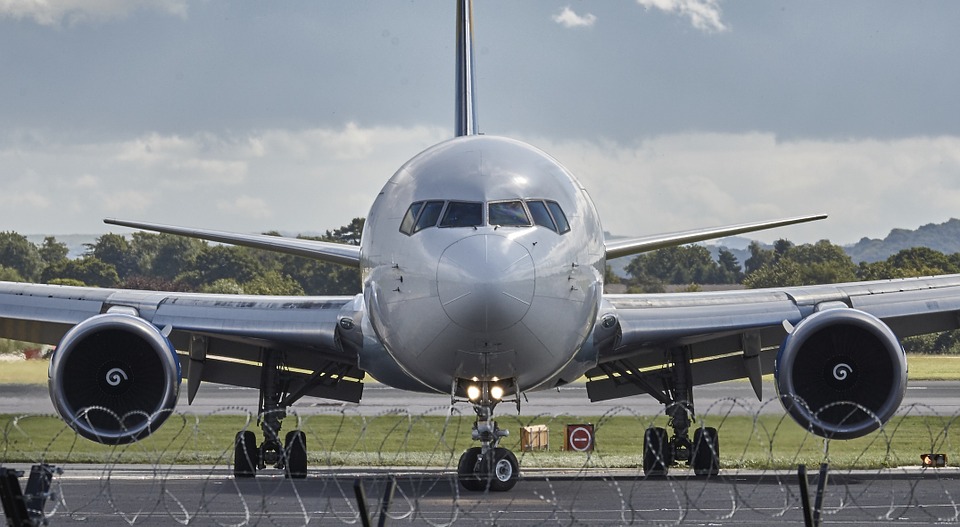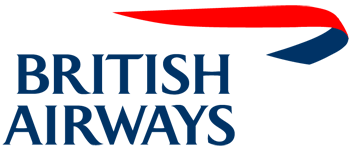
The potential Heathrow Airport expansion can be pretty devisive so we’ve put together a pros and cons – what it means for passengers, as well as local residents.
#1: the pro: let’s help out the extra passengers
The increase in air traffic in the UK, and in particular in the south east of the country, is a huge issue.
By 2030 it is predicted that around 60% of all UK air passengers will be using the over-stretched airports in the south east of the country around the capital. Heathrow, Gatwick, Stansted, City and Luton will soon be at breaking point and in desperate need of the Heathrow Airport expansion.
120 million passengers a year walk through their doors, which is just under double the entire population of the UK.
Tourists, businessmen and women, and people using the airports as a stop-off for longer flights, all add up to a huge requirement for a flawless service. This has been the government’s argument for expanding our airports as soon as possible.
#2: the con: we need to look at added pollution

The High Court has now passed the law to allow expansion of Stansted and Heathrow airports and work will begin on the former very soon.
There have, however, been suggestions that the plans are unlawful and in breach of the European pollution limits that are being drawn up and will be properly imposed in 2010.
Many environmental groups have been set up to try to stop the expansions but they are finding the fight a tough one.
The Stop Stansted Expansion (SSE) group are not happy with the news that the building will take place on their doorstep by 2012. They, and others like them, will continue to fight their corner but it has now become a much tougher battle.
Stansted has been chosen as a preferred starting point to Heathrow because the pollution effects are very different.
The principle sources of pollution are air and noise. At Heathrow it is likely that 30,000 people will be affected by the nitrogen dioxide air pollution whereas it’s only a mere 20 around Stansted.
The noise levels are much higher at Stansted though (around 14,000 people will be affected) but again it’s considerably less than Heathrow.
#3: the verdict: how can we balance economic and environmental factors?
The Transport Secretary at the time of the agreement in 2005, Douglas Alexander, has gone on record as saying that, “Aviation should meet its climate change costs and should limit noise and pollution”.
But it feels as though this will be more easily said than done.
Aviation White Paper of 2003 proposed that the new runways at Stansted should begin by 2012 and then at Heathrow a few years after.
Although Mr Alexander had one eye on the environmentalists, he was pretty committed to getting the job done and said, “We must ensure that the UK has the airport capacity it needs to enhance its economic performance."
Ruth Kelly, the Transport Secretary, now has welcomed the new idea as much as her counterpart and was delighted to announce the plans for a third runway and a sixth terminal at Heathrow to be operational by 2020.
The expansion at Heathrow will cause the annihilation of an entire village nearby to the airport. Residents of Sipson will see the bulldozers marching towards them in the next ten years and around 700 homes will be flattened to the ground. Apart from the obvious local critics, the government has faced opposition from within the House of Commons.
The Lib Dem transport spokeswoman said, “At a time of climate change, with aviation having such a big impact, shouldn’t we be completely rethinking this and putting that kind of investment into rail?" The ball has started rolling on this one though and it looks like a pretty hard one to stop.





